Because you studied abroad in Ghana, you can spot the colors and patterns of Kente cloth a mile away. You take life as it comes now—with or without running water or electricity. You drive your friends nuts making peanut soup with rice balls. And whenever you hear someone talking about Africa, you smile to yourself, take in a deep breath and remember your time in Ghana.
1. You wouldn’t be caught dead chewing your fufu
Fufu (or foofoo, foufou) is a Ghanaian staple on par with bread or potatoes in America. It is made from pounded cassava root and often mixed with yams or plantains. Because it is a starchy food, fufu is served with a flavorful sauce, soup or stew for dipping. To eat it properly, pinch off a small amount with your right hand and dip it into the delicious liquid. Never chew it—just savor and swallow.
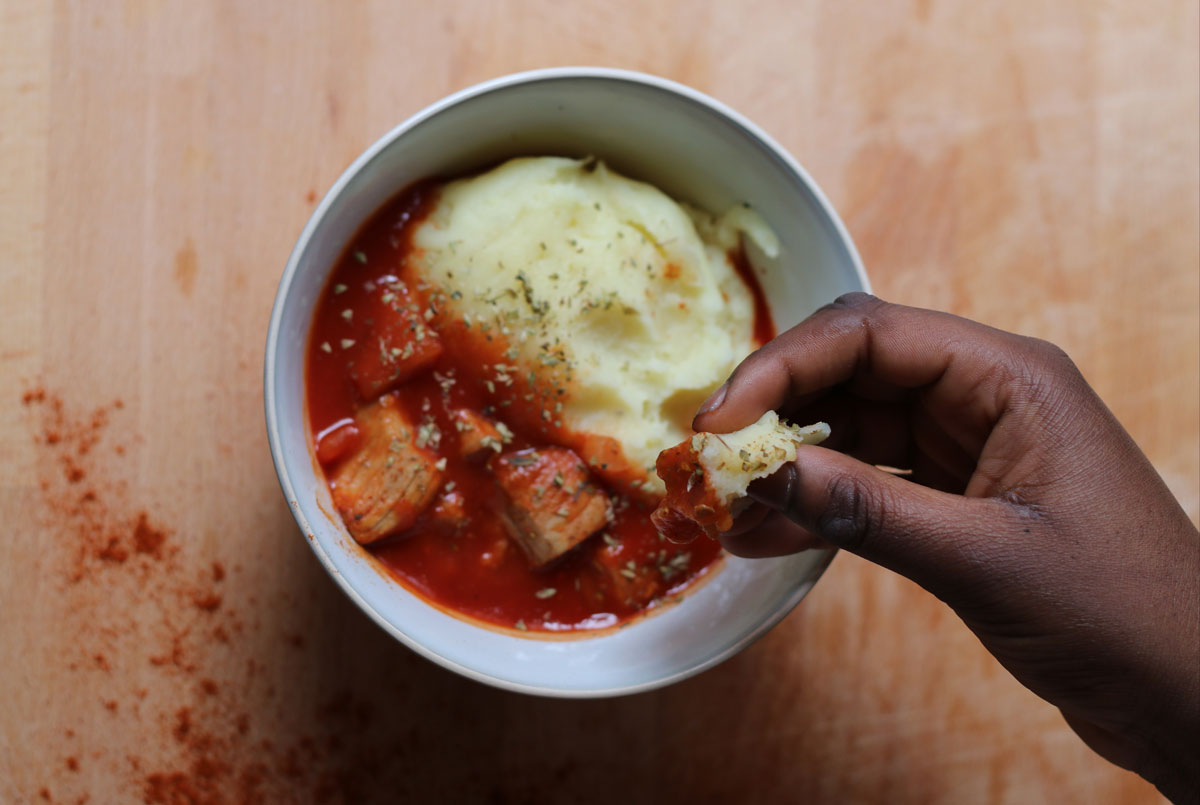
2. You wonder why people talk so fast
When you arrived in Ghana, you couldn’t wait for people to finish their sentences already! Eventually, you got used to the slower pace. Now you find yourself asking friends to slow down. Why rush?
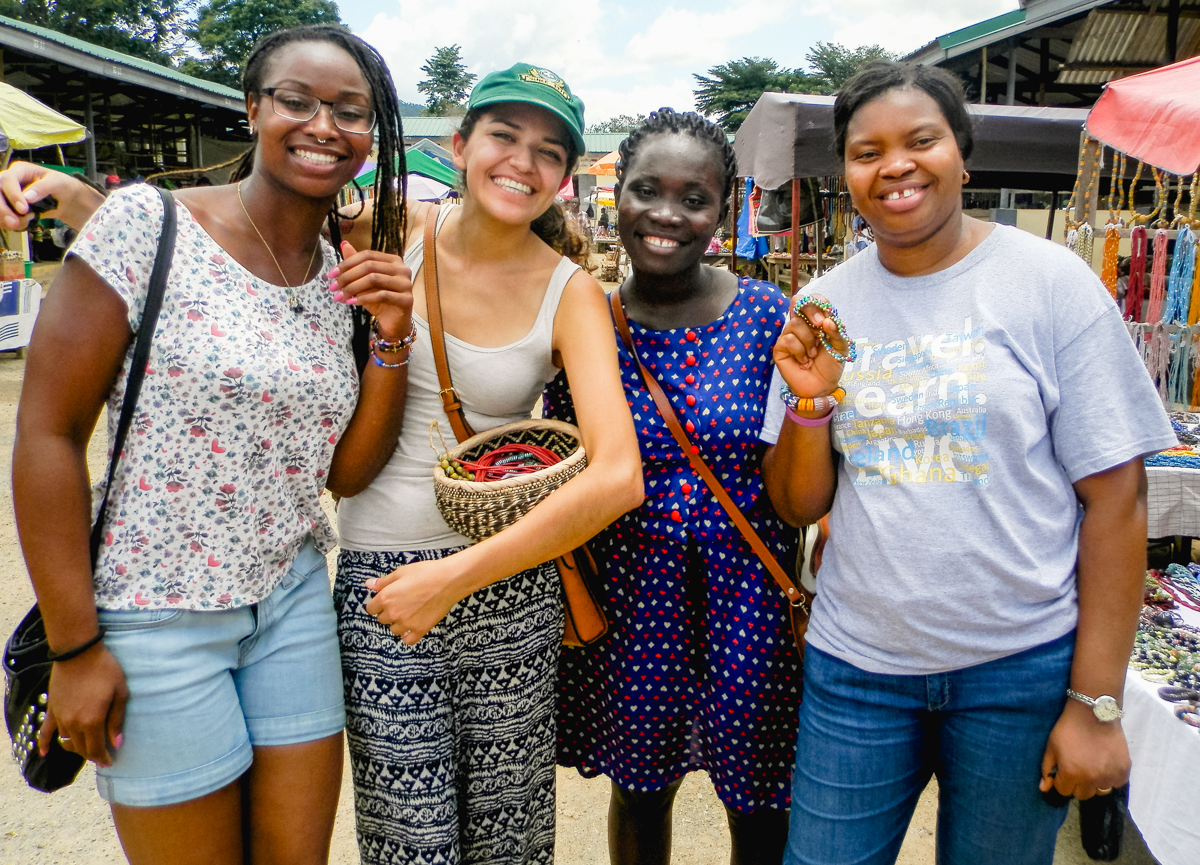
3. You think paying more than two dollars for a good meal is insulting
At the night market near campus, you bought bowls of jollof rice with tomato sauce and cabbage salad, palm nut soup with tofu, or ‘red red’ (African stew with black-eyed peas) for about 5-6 cedis (around $1.80). That $7 burrito sounds very expensive when you get home.
4. You don’t miss a beat when the electricity goes out
While Ghana is the shining gem of modern growth on the continent of Africa, the electrical grid fails often enough to make it a common event. Dumsor dumsor (literally meaning “on-off, on-off” in Twi) means entire neighborhoods can switch off in an instant. You know to keep your devices charged, your laundry clean and have flashlights on hand.
5. Your dancing skills have improved dramatically
Children dance to music in the streets, women groove as they sell their goods in the markets, men dance while pumping gas—music is a part of life in Ghana. You learned there’s really never an inappropriate time for dancing. Your Traditional African Dance class was put to use quickly and now, when you hear any song, you’re inclined to dance no matter where you are or who’s watching.
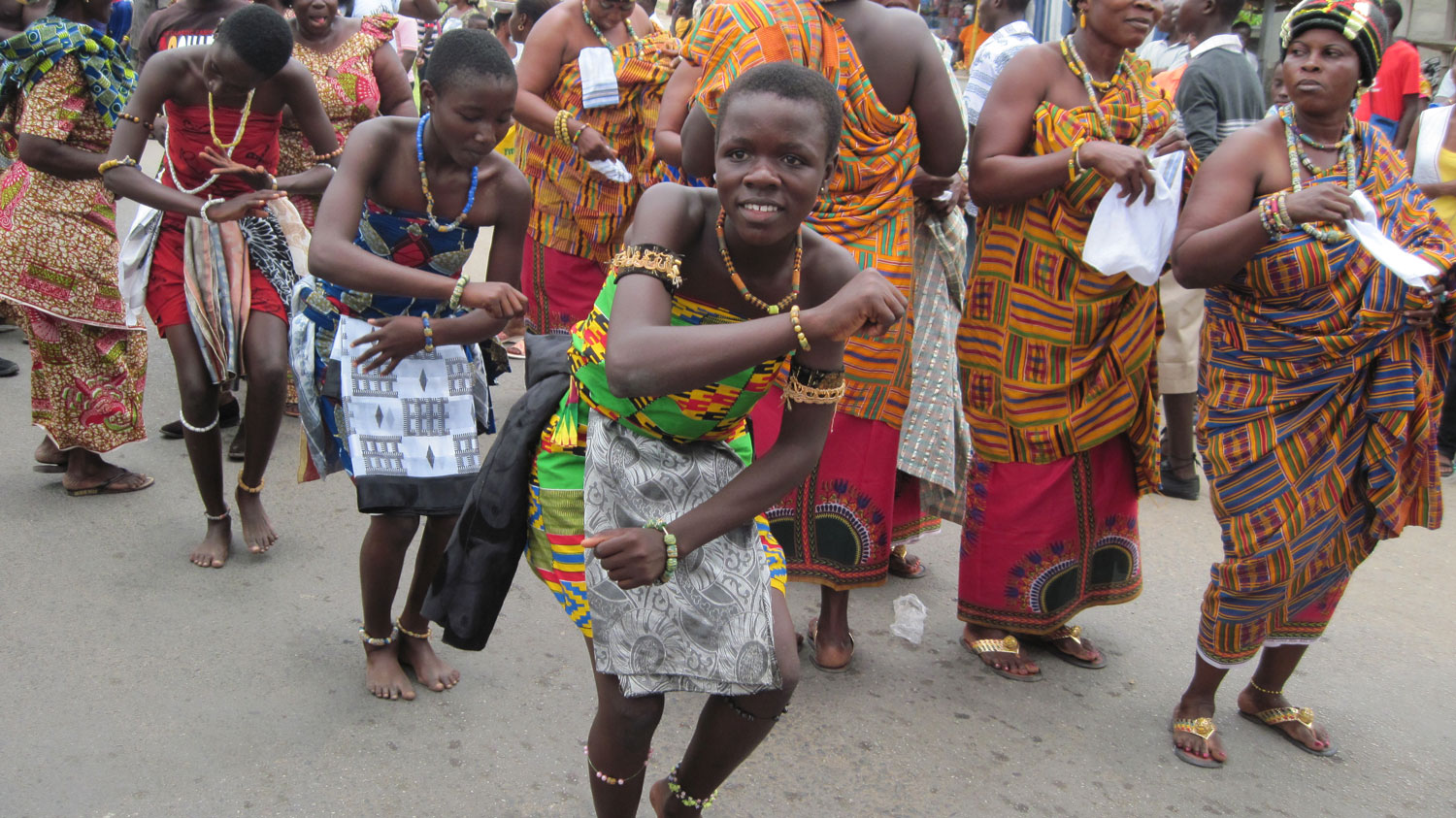
6. You say “eheeee” and confuse your friends
Like uh-huh or mhmm or ahhh in English, the Ghanaian “eheee” is used to express mutual understanding and agreement. The fact that this sound is an expression of alarm in English is just part of the fun you have with friends when you come home.
7. You miss revolutionary music everywhere
No music back home feels or sounds as revolutionary as Shatta Wale and Fela Kuti that blasts in the stores, homes, eateries and streets of Ghana. While you heard enough of them at the time, these Ghanaian hits were the soundtrack of your time abroad. You’d do almost anything to be back along the busy streets of Accra listening to them once again.
8. You can bargain down the price of anything
Thanks to your Twi language training and plenty of practice, you can saunter into the open air market and bargain the price for anything from a mango to a fresh new outfit.
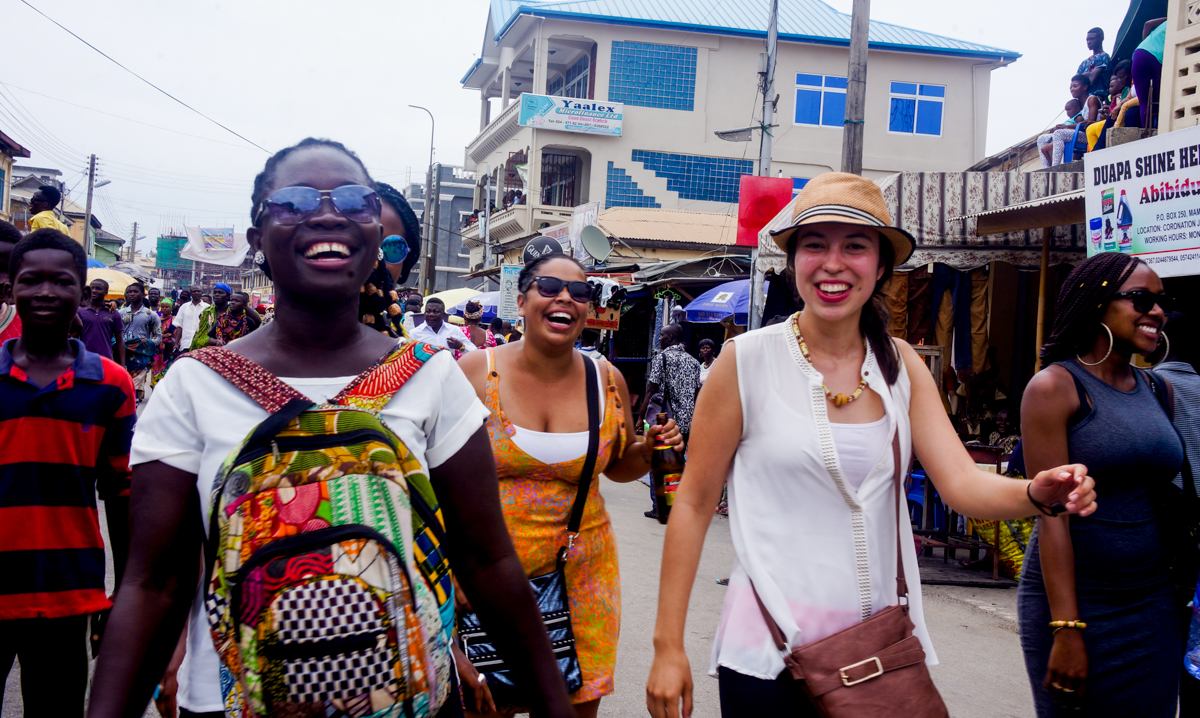
9. You’re totally prepared for graduate school
The education system in Ghana is very different from the US. Specifically, the material covered in class is not necessarily representative of what will be on the exam, so you know how to research a topic thoroughly, read everything and prepare for the final exam which constitutes most of your grade.
10. You snack constantly on fresh fruit and veggies
Much of the food in Ghana is starch-based. To round out your diet, you learned to keep fresh fruit and vegetables on hand. Now that you’re home, you can’t seem to break this healthy habit. You might even keep fruit in a multicolored Tehei (hand-woven straw basket) for easy access as you head out the door to class.
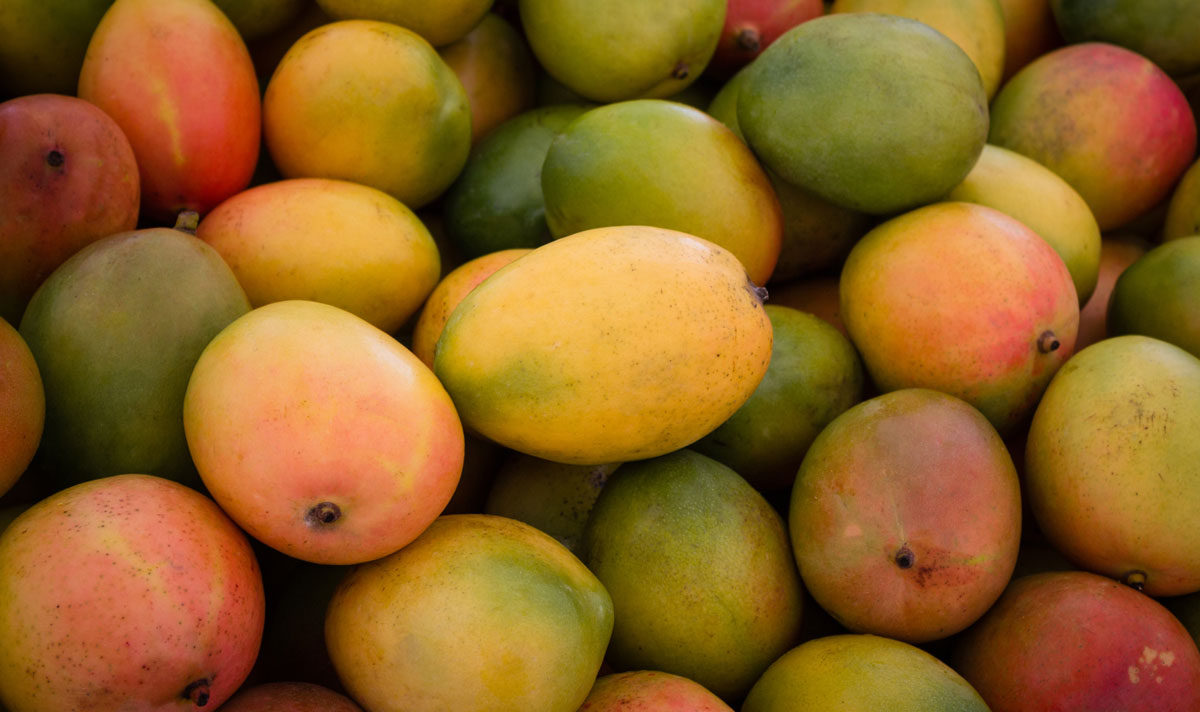
11. You carry tissues or hankies everywhere
You were stranded in a restroom that ran out of toilet paper one too many times. Lesson learned. Now you carry tissues with you always. Not only are they great to share when someone sneezes, you can discretely blot away a shiny forehead on hot California days and look as fresh as ever.
12. You’re all about bold patterns and bright colors
In Ghana, bright colors are everywhere, all the time. You got addicted to the positive effect all that color can have. The bold African fabrics were so important that you now make it a point to embrace more color and pattern into your decorating style and everyday attire.
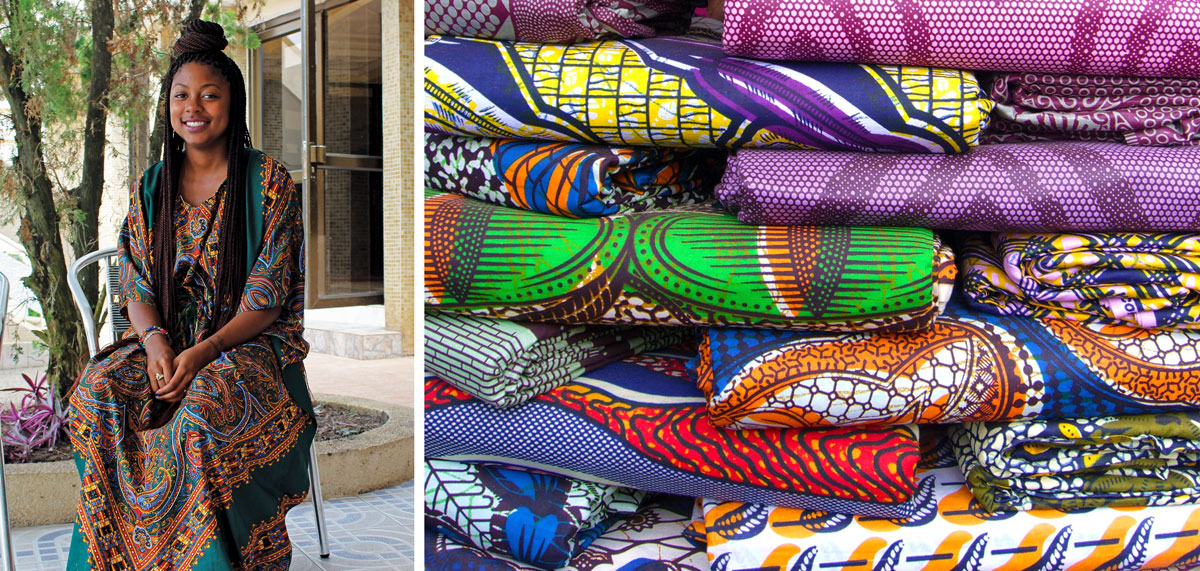
Special thanks to Jacqueline Puliatti (UC Santa Cruz) and Rachel Gray (UC Santa Barbara) for contributing to this post after their study abroad year at the University of Ghana.


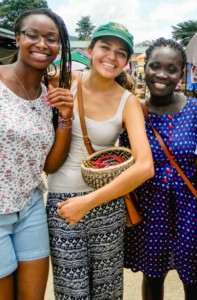
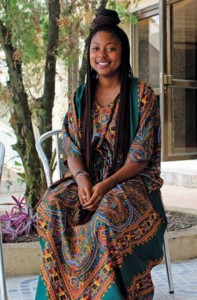
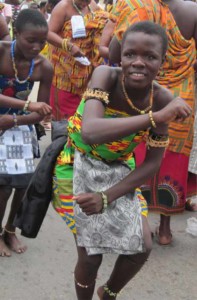
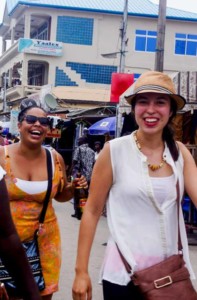
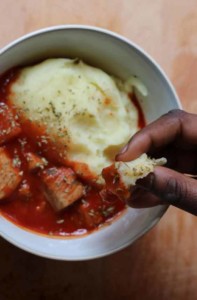
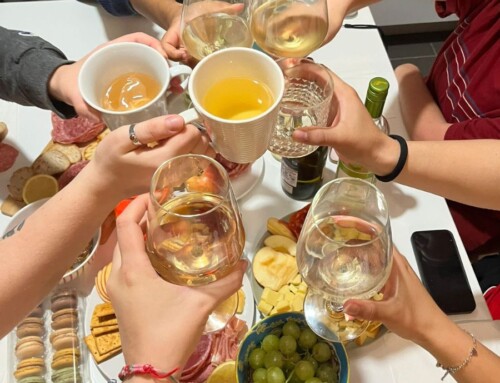
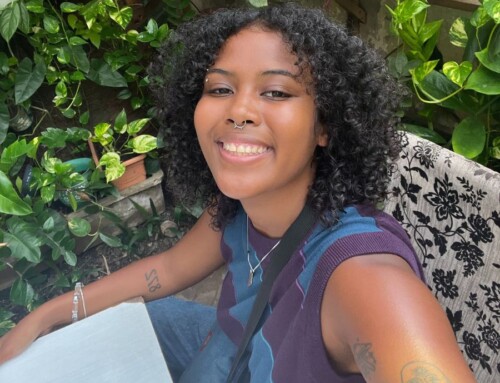
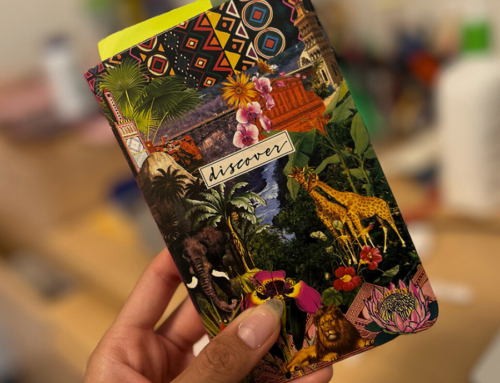
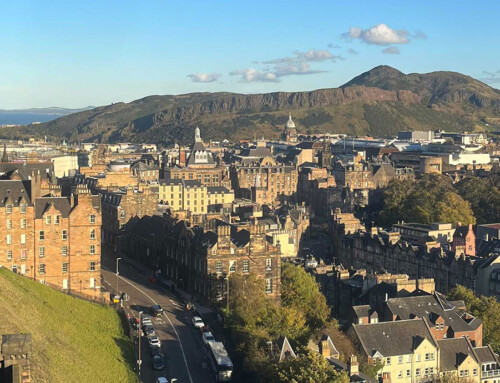


Leave A Comment